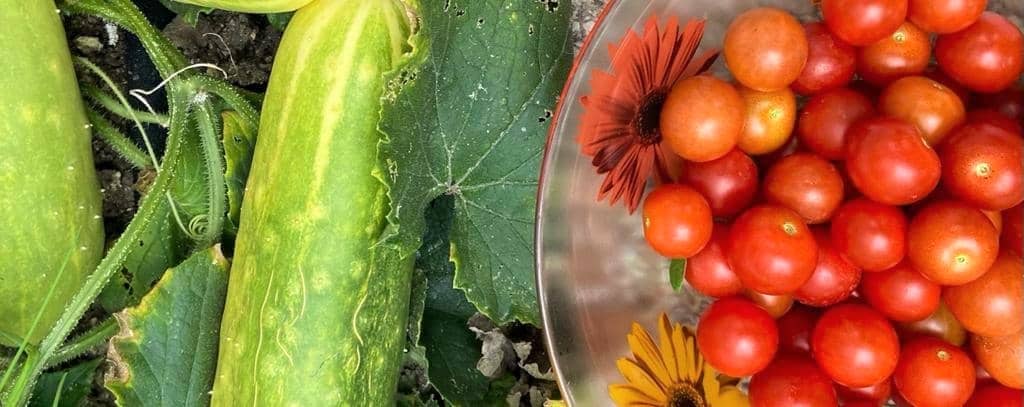Delicious Insects
Preface by Dr Jean de Bonnefon
When Bruno Comby suggested that I preface this book on entomophagy (from the Greek “entomos” which means insect and “phagos” which means to eat) I first thought it was a hoax. But the characteristic of any scientific mind consists precisely in questioning all our knowledge in order to make new discoveries, both in theoretical knowledge and in its practical applications. As far as health is concerned, it can be useful for progress to question our way of life and to take a step back from our cultural taboos.
Upon reflection, the idea of eating insects is not medically absurd. Maybe she’s even great on a planetary level.
Today, more than half a billion human beings suffer from undernutrition, especially protein deficiency; with the galloping demography, we know that the problem of famine will increase further in the very short term.
Rather than seeing insects as a plague that devours our food reserves, especially in the poorest countries, and furthermore aggravate the pollution of the planet by combating them with chemical insecticides, it seems to me original and even very clever to use them as a possible food resource. Besides, isn’t entomophagy written in full in our sacred books (Torah, Bible and Koran)?
Food proteins are the basis of the construction of all our tissues. These proteins are of either vegetable or animal origin. Plant proteins, despite their quality, are not always fully assimilable in the absence of complementary amino acids. Their transformation into more assimilable animal proteins is carried out in traditional breeding of cows or pigs with a very poor yield. Insects are much more efficient transformers: the yield is tripled. This is all the more so since certain insects such as crickets are omnivorous and can be fed largely with food that we cannot eat, which allows us to consider a real nutritional ecology.
Killing cattle to eat them seems to me a triple crime: against the animal, against the human species and against intelligence insofar as the cattle are fed, with a derisory yield, on vegetable proteins often imported from the third world, itself protein malnourished. It takes more than 10 grams of vegetable protein to get a single gram of animal protein. In fact, we therefore feed on the famine of poor countries. In addition, we derive a lot of suffering from it ourselves, since cancer and atheroma (obstruction of the arteries) which alone constitute three quarters of mortality in developed countries are largely linked, as we know, to meat consumption.
Insect proteins are, both in quantity, in quality and in biological value (capacity for use by the organism), of a yield equal to or superior to that of meat. In addition, insects are quantitatively almost inexhaustible. Indeed, insects make up four-fifths of all the animal mass on earth. They are found everywhere, even in the most arid regions like the Sahara. On the other hand, their reproductive potential in breeding is infinitely faster than that of cattle.
The current dietary customs of many tribes in America, Africa and Asia, as well as the author’s multiple experiences prove that eating insects is possible, insects being even delicious (insects, insect eggs and larvae) .
Insects are also part of the ancestral food range of men as well as all the primates of which we are a branch. All monkeys eat it in the wild. The idea that we too as a human species can eat it is therefore a possibility that should be seriously considered.
In the Third World, which currently suffers not only from general nutritional deficiencies, but above all from specific protein deficiencies, insects are already a food resource not only profitable, but even indispensable and irreplaceable.
The number one problem in the world remains that of hunger. To solve it, we must not neglect any path. From now on, scientists, nutritionists, doctors and environmentalists, we must all work together to find new food resources.
In my opinion, on the medical, scientific, economic, as on the moral level, the author’s reflection should therefore not be considered as intellectual amusement, but as a starting point for a new approach on utility. of insects in human food.
Dr Jean de Bonnefon
Doctor of Medicine
Former Head of Clinic at the Faculty of Medicine of Paris (C.H.U. of Pitié-Salpétrière)
THESE. clinical nutrition
President-Founder of the National Association of French Naturotherapists


